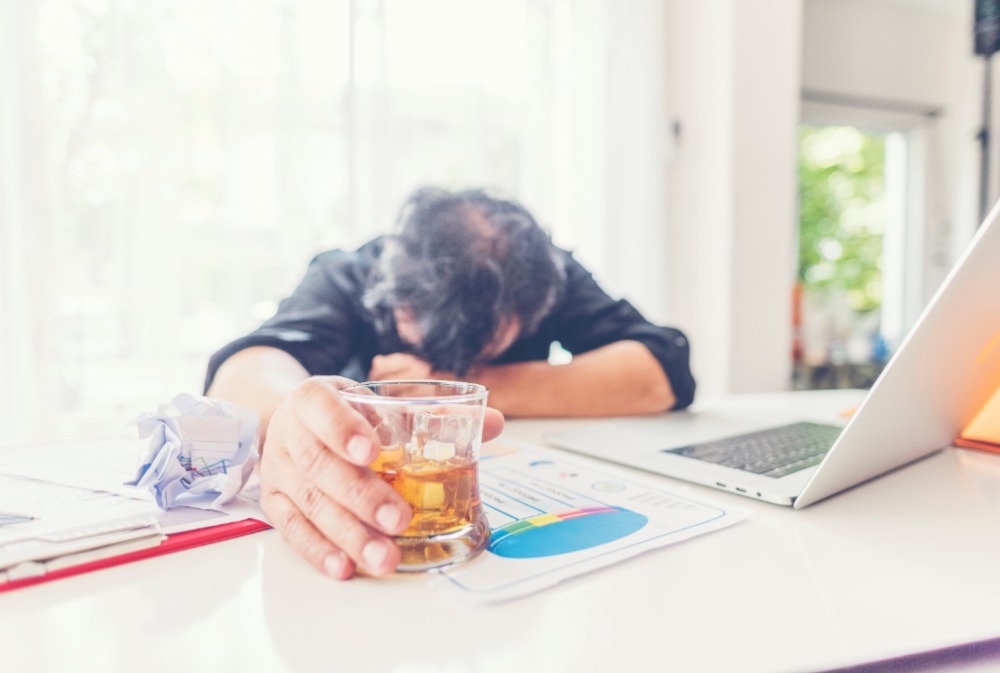
Yes, it is possible for a person to recover from addiction. Addiction is a chronic disease that affects the brain and behavior, leading to compulsive drug use or engaging in certain behaviors, even when it causes harmful consequences to an individual’s health, relationships, and overall well-being. Addiction can be caused by a combination of genetic, environmental, and behavioral factors.
Recovery from addiction is a process that involves making positive changes in one’s life, including developing new coping mechanisms, rebuilding relationships, and working towards a healthier lifestyle. This process can be challenging and may involve a combination of different treatments, including behavioral therapies, medication-assisted treatment, and support groups.
Behavioral therapies, such as cognitive-behavioral therapy (CBT) and motivational interviewing (MI), can help individuals identify and change negative thoughts and behaviors related to addiction. These therapies can also help individuals develop new coping skills and strategies for managing triggers and cravings.
Medication-assisted treatment (MAT) involves the use of medications, in combination with counseling and behavioral therapies, to help individuals manage withdrawal symptoms and reduce cravings. MAT can be particularly helpful for individuals struggling with opioid or alcohol addiction.
Support groups, such as 12-step programs like Alcoholics Anonymous (AA) and Narcotics Anonymous (NA), provide a supportive community of peers who understand the challenges of addiction and can offer encouragement and accountability.
Recovery is a lifelong journey, and it’s important to have ongoing support and self-care to maintain sobriety. This may include ongoing counseling, attending support groups, developing a healthy lifestyle, and avoiding triggers.
While relapse is a common part of the recovery process, it’s important to view it as an opportunity to learn and make adjustments to the treatment plan. With the right support and effort, individuals can achieve and maintain long-term recovery from addiction.
